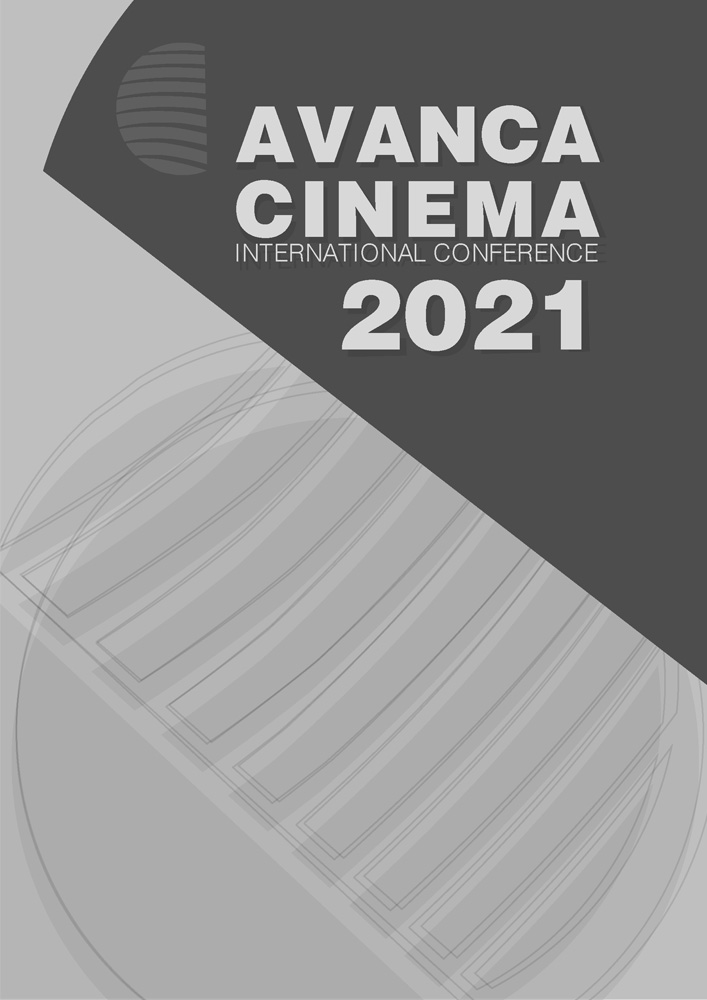Capítulo III _ Cine - Comunicación
Evolución de los modelos distópicos en los relatos fílmicos contemporáneos. Una perspectiva ecosocial
Resumen
The current COVID-19 pandemic has seriously impacted our health, economy, daily life, interpersonal and international relations, to the point that this so-called “new normality”, a massively accepted dystopia, seems to have installed itself in our daily environment. But we have other problems besetting us: economic crisis, precariousness, questioning of the bases of democracy, and the most pressing one due to its generalization, the ecological unsustainability of our way of life. In this context, our culture is plagued by apocalyptic visions created through, among others, the audiovisual medium, as a great current generator of worldview. Along with television and online (mis)information, which gloats in catastrophic “news”, film and series production companies offer a multitude of dystopian audiovisual products, thus shaping the uncertainties of the present and the future.
In this presentation, after sufficient socio-ecological contextualization of our multifactorial crisis, we analyze the evolution of the filmic representation of collapse models, in what we could call “classic catastrophism”, from the mid and late 20th century, through to the beginning of the 21st century, until the current films and series characterized by the eco-social dystopia as a plausible projection of future. To this end we begin by describing the current situation of decline and probable collapse of our highly fossil-dependent industrial societies, analyzing the fictional scenarios that have created, by redundancy, very defined models. Following this review, we looked at those productions that prioritizes contents linked to the systemic ecological crisis.

Esta obra está bajo una licencia internacional Creative Commons Atribución 4.0.

